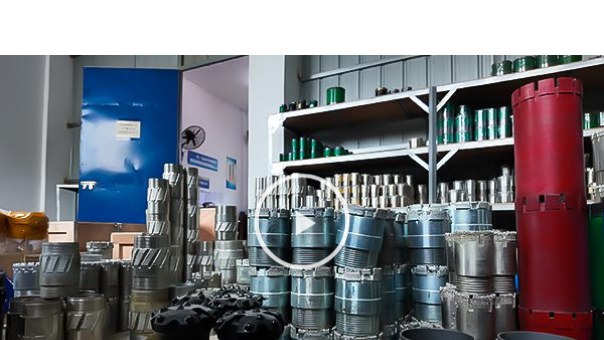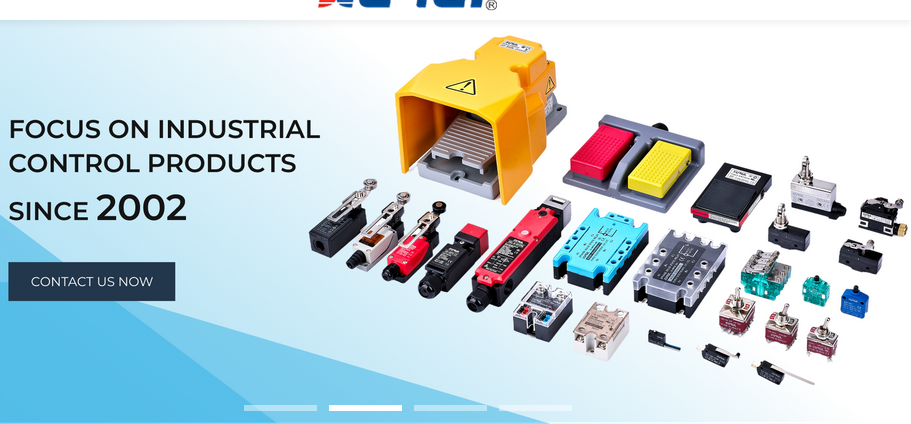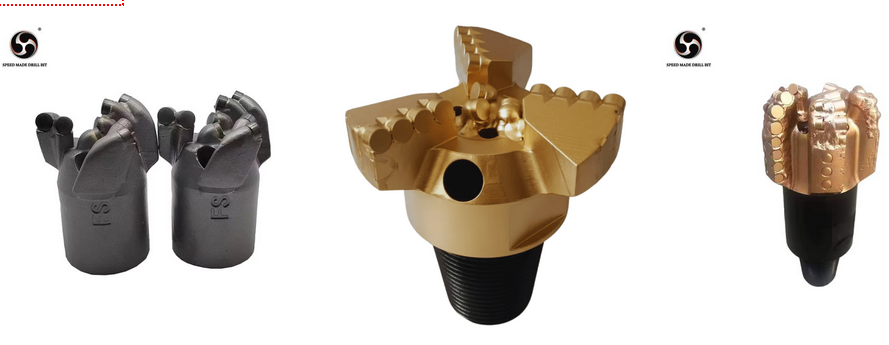When you think of car manufacturing, your mind probably goes straight to engines, steel frames, or high-tech electronics. But there’s another category of components that quietly keeps everything running smoothly: rubber parts. From seals and gaskets to hoses and vibration-dampening mounts, these seemingly small components are essential for performance, safety, and durability. Behind these parts stands an industry that specializes in delivering quality and precision—the automotive rubber parts manufacturer.
In this article, I’ll walk through why rubber components are so critical, what makes a good manufacturer, and how to choose the right supplier if you’re in the automotive business.
Why Rubber Parts Matter in Vehicles
It’s easy to underestimate the importance of rubber in cars. Unlike metal, which is associated with strength, or electronics, which feel futuristic, rubber seems ordinary. But in practice, rubber components are some of the hardest-working parts of any vehicle.
Sealing and Insulation: Rubber seals prevent leaks in engines, transmissions, and fuel systems. Without them, vehicles would be vulnerable to contamination, leaks, and performance loss.
Flexibility and Vibration Control: Engine mounts, bushings, and suspension parts made from rubber absorb shock and reduce vibrations. This not only makes driving smoother but also protects other components from excessive wear.
Heat and Chemical Resistance: High-performance synthetic rubbers can withstand extreme temperatures and exposure to oils, fuels, and chemicals that would degrade ordinary materials.
In short, without these parts, vehicles wouldn’t be as reliable or safe as we’ve come to expect.
The Work of an Automotive Rubber Parts Manufacturer
So what exactly does an automotive rubber parts manufacturer do? Their role goes far beyond just producing simple seals or gaskets. A reliable manufacturer is involved in:
Custom Design and Engineering
Modern vehicles require parts tailored to exact specifications. Manufacturers work with car makers to design parts that fit unique requirements for size, durability, and performance.Material Selection
Not all rubber is created equal. The choice between natural rubber, silicone, EPDM, or nitrile depends on the intended use. For example, silicone is prized for heat resistance, while EPDM is excellent for weatherproofing.Precision Manufacturing
Advanced processes such as injection molding, compression molding, and extrusion ensure that each component is produced with high accuracy.Quality Testing
Automotive standards are strict. Parts undergo rigorous testing for tensile strength, chemical resistance, and longevity before they’re approved.
In essence, a strong manufacturer is a partner in innovation as much as in production.
Key Applications of Rubber Parts in Automobiles
Rubber parts are not just confined to one area of the car. They’re everywhere—often unnoticed, but always crucial. Some of the most common applications include:
Seals and Gaskets – ensuring airtight and fluid-tight connections in engines, transmissions, and fuel systems.
Bushings and Mounts – reducing noise, vibration, and harshness for smoother driving.
Weatherstripping – keeping water, dust, and wind out of vehicle interiors.
Hoses and Tubing – delivering coolant, fuel, and other fluids safely through the system.
O-Rings – small but indispensable, preventing leaks in countless vehicle assemblies.
These parts may be small, but if one fails, the impact can be significant. That’s why sourcing them from a trustworthy manufacturer is so important.
How to Choose the Right Automotive Rubber Parts Manufacturer
If you’re a business owner, procurement manager, or even an automotive enthusiast who needs custom parts, finding the right supplier is critical. Here are some factors worth considering:
Experience and Reputation
A manufacturer with years of experience in the automotive sector is more likely to understand industry standards and deliver consistent quality.Customization Capabilities
Can they design and produce parts tailored to your exact requirements? Off-the-shelf parts don’t always fit complex projects.Quality Certifications
Look for ISO certifications or other industry standards that prove their commitment to quality.Material Expertise
The best manufacturers can recommend the right material for your needs, whether that’s silicone, EPDM, or another specialized compound.Global Supply and Logistics
Especially if you operate internationally, you’ll want a supplier who can meet production timelines and deliver globally.
By paying attention to these factors, you’ll reduce the risk of downtime, part failure, or costly recalls.
The Growing Demand for High-Performance Rubber Parts
As vehicles become more advanced, the demand for precision-engineered rubber parts is only increasing. Electric vehicles, for instance, rely on specialized rubber components for insulation and thermal management. Meanwhile, the push for sustainability has created a demand for more eco-friendly materials and longer-lasting components.
This evolution underscores the importance of working with a manufacturer that is not only reliable today but also forward-thinking for tomorrow.
Final Thoughts
Automotive rubber parts may not be the flashiest components in a vehicle, but they are essential to every drive. From keeping engines sealed to making rides smoother, they quietly ensure that vehicles are safe, efficient, and comfortable.
Choosing the right automotive rubber parts manufacturer is more than a procurement decision—it’s about securing long-term reliability, performance, and innovation. Whether you’re an automaker, a supplier, or someone in need of custom parts, the right partnership can make all the difference in quality and trust.





Write a comment ...